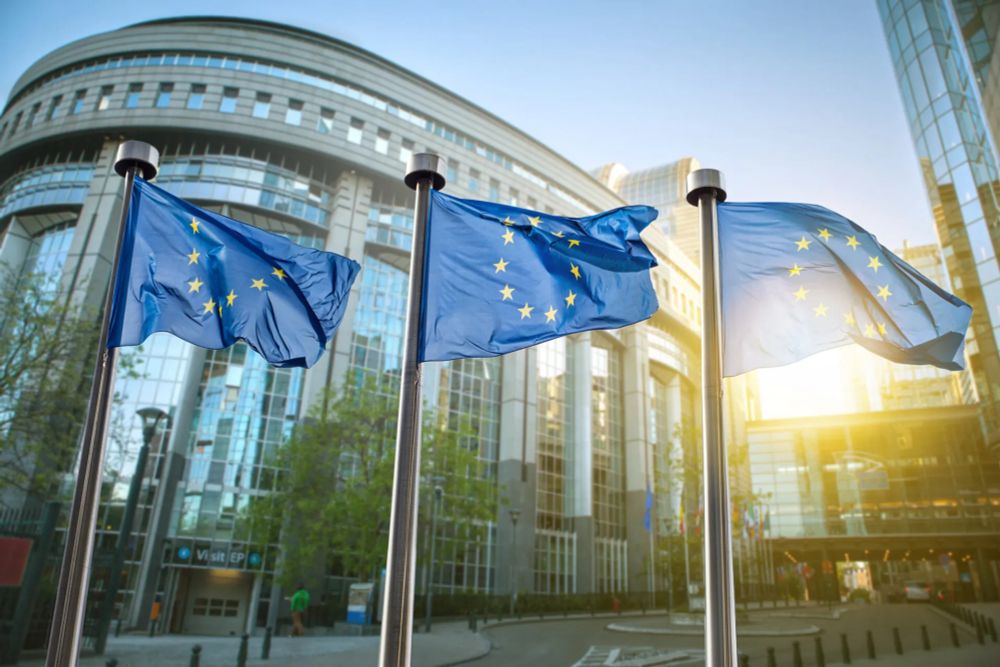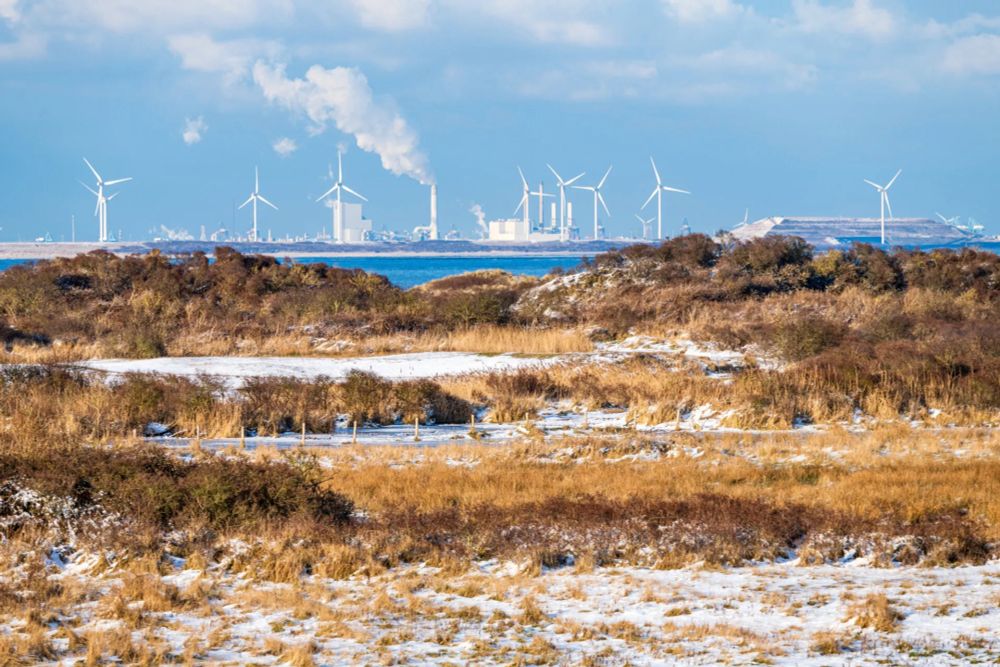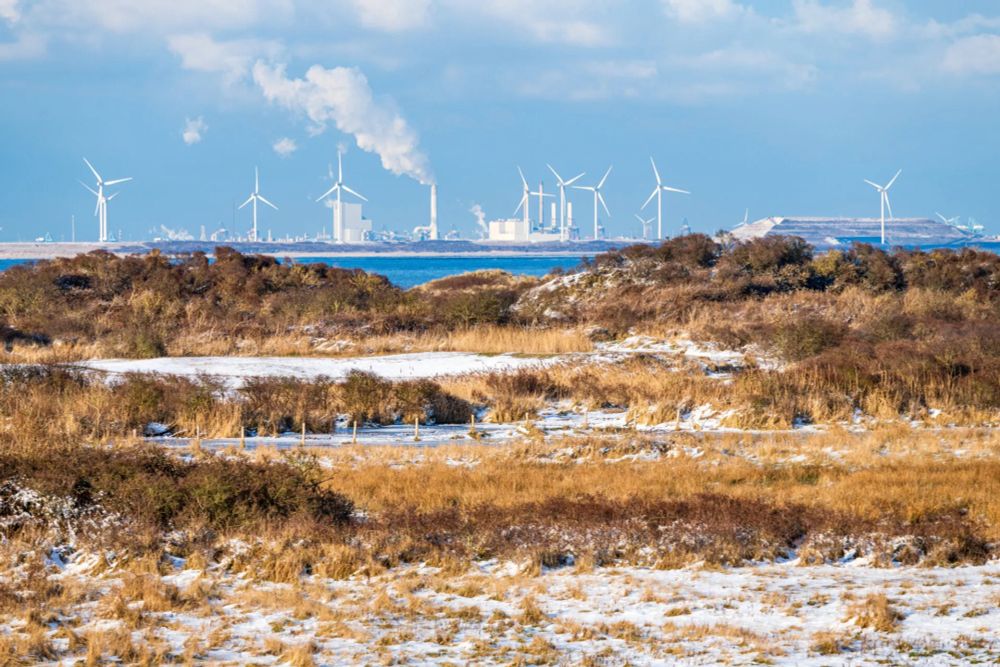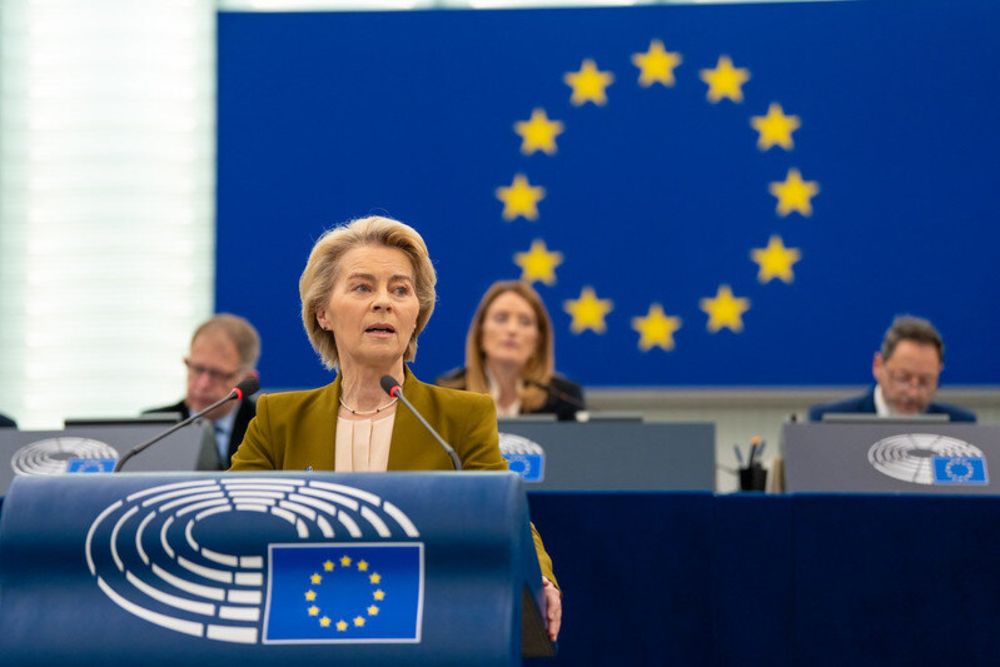
Michael Forte
@mforte.bsky.social
110 followers
180 following
23 posts
EU Politics & Climate Governance @e3g.bsky.social Brussels. Improving decision-making to strengthen climate action. Views my own. (at)mforte_polgov on the other place.
Posts
Media
Videos
Starter Packs
Michael Forte
@mforte.bsky.social
· Aug 4
The #EU faces a clean transition funding gap. How does the European Commission's new budget proposal stack up for climate?
Read our blog to find out: www.e3g.org/news/5-clima...
🧵⬇️
Read our blog to find out: www.e3g.org/news/5-clima...
🧵⬇️

5 climate insights from the EU's new budget proposal
The European Commission has published its much-anticipated proposal for the next EU budget. Set to the tune of sustained crises and uphill domestic politics, the proposal attempts to walk a fine line ...
www.e3g.org
Michael Forte
@mforte.bsky.social
· Jul 3
NEW – Q&A: European Commission’s proposal to cut EU emissions 90% by 2040 | @joshgabbatiss.bsky.social @daisydunne.carbonbrief.org @mollylempriere.carbonbrief.org w/ comment from
@lindakalcher.bsky.social @mforte.bsky.social
Read here: buff.ly/HG72yBk
@lindakalcher.bsky.social @mforte.bsky.social
Read here: buff.ly/HG72yBk
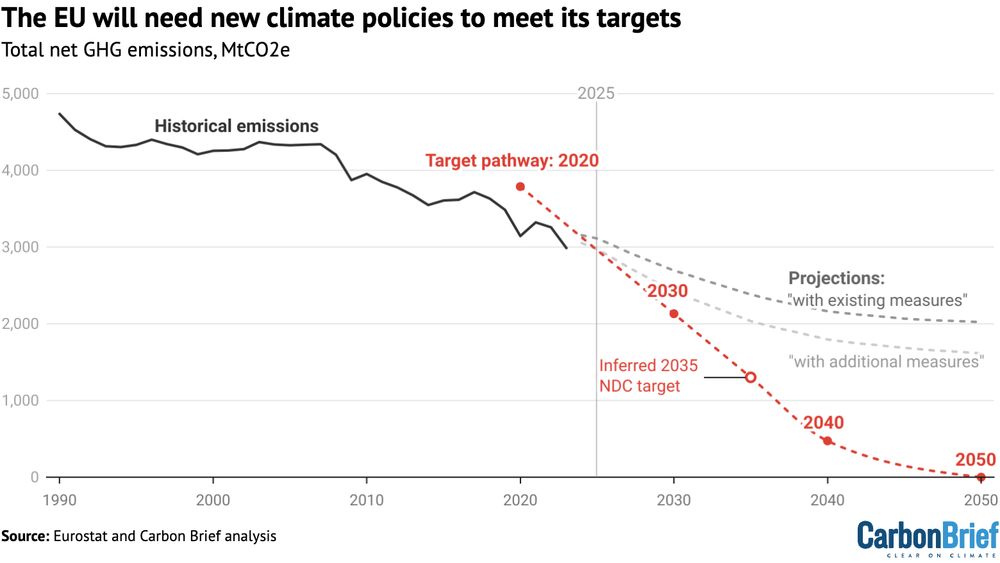
Reposted by Michael Forte
Reposted by Michael Forte
Michael Forte
@mforte.bsky.social
· Jun 25
‼️ Alors que la France se dit garante de l'Accord de Paris sur le Climat, Emmanuel Macron envisage de tuer l’ambition climatique européenne pour 2035 et 2040, en s’alliant avec des pays ultra conservateurs et populistes.
Un thread 🧵
Un thread 🧵
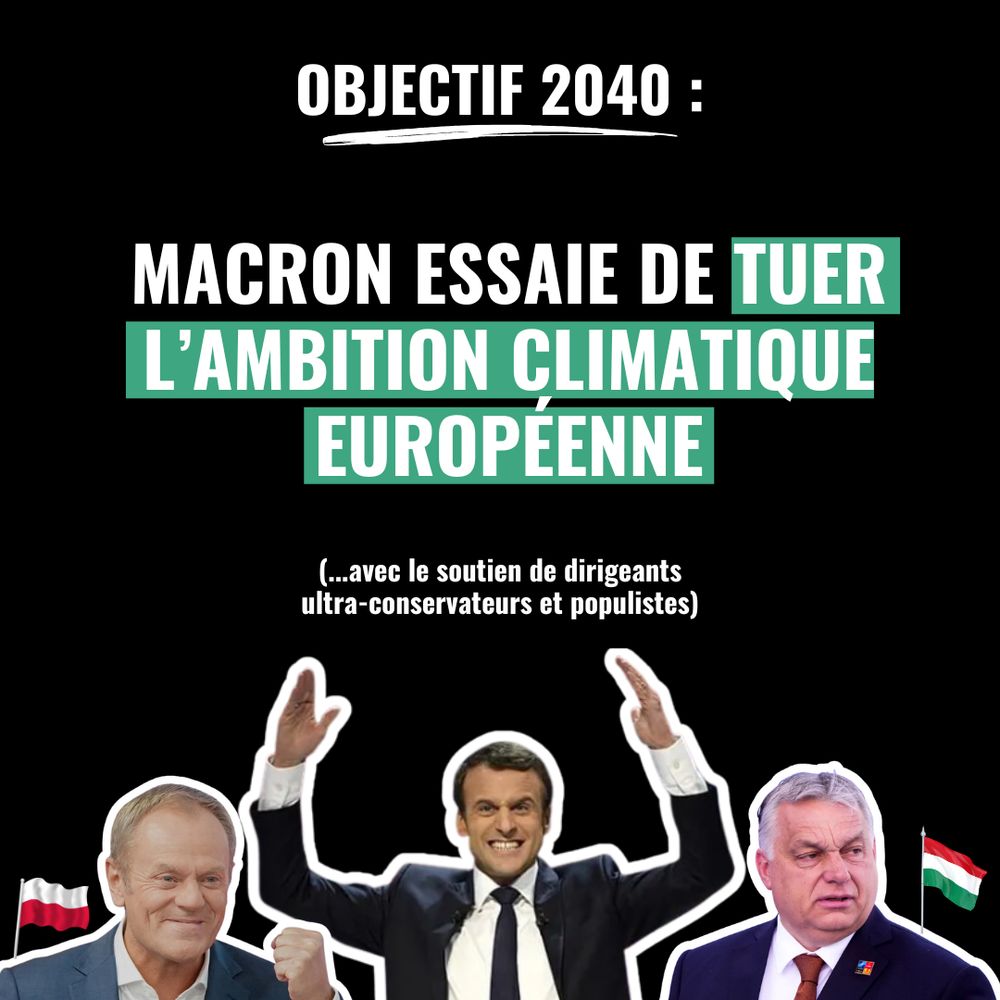
Michael Forte
@mforte.bsky.social
· May 20
Michael Forte
@mforte.bsky.social
· May 20
Michael Forte
@mforte.bsky.social
· May 20
Michael Forte
@mforte.bsky.social
· May 20
Michael Forte
@mforte.bsky.social
· May 20
Michael Forte
@mforte.bsky.social
· May 20
Reposted by Michael Forte
Michael Forte
@mforte.bsky.social
· Feb 27
Michael Forte
@mforte.bsky.social
· Feb 27
Michael Forte
@mforte.bsky.social
· Feb 27
Michael Forte
@mforte.bsky.social
· Feb 27
Michael Forte
@mforte.bsky.social
· Feb 27
Michael Forte
@mforte.bsky.social
· Feb 11
Finally, method risk: The experience with NGEU seems to have led to a believe that EU-level money is a good lever for the Commission to force member states to do things nationally they don't want to. That was true because the RRF was a lot of money. It won't work the same way without it.


